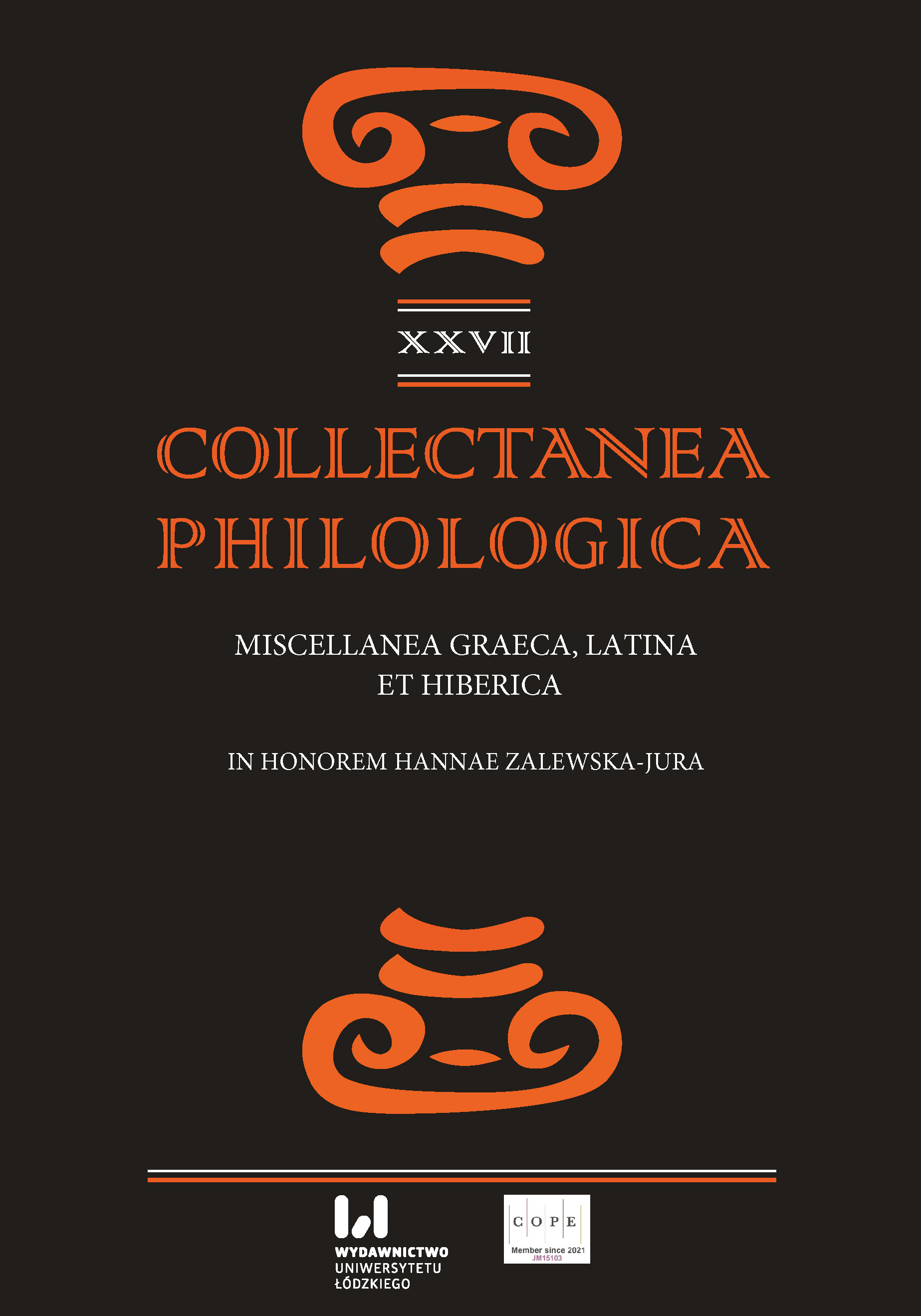Pułapki przekładu, czyli o różnicy między skromnością i małodusznością w pismach Arystotelesa
THE PITFALLS OF TRANSLATION, OR THE DIFFERENCE BETWEEN MODESTY AND PUSILLANIMITY IN ARISTOTLE’S WRITINGS
Author(s): Joanna SowaSubject(s): Philosophy, Language and Literature Studies, Studies of Literature, History of Philosophy, Translation Studies
Published by: Wydawnictwo Uniwersytetu Łódzkiego
Keywords: etyka Arystotelesa; mikropsychia; skromność; małoduszność
Summary/Abstract: The article raises the issue of the proper understanding of the concept of mikropsychia in Aristotle’s works. In modern Polish translations, the term is translated as “small-mindedness” or “exaggerated modesty”; according to one of the translators, it is the equivalent of Christian “humility”.In the first part of the article, it is shown that in the writings of Aristotle and his contemporary authors, mikropsychia is a serious moral vice, the source of which is self-ignorance and the resulting low self-esteem. It is often associated with cowardice, envy, greed and selfishness. Understood in this way, this character trait has nothing to do with modesty, which we consider a virtue. The second part of the article discusses various ways of understanding modesty and its place in Aristotle’s ethics. The interrelationship between modesty, pride, moderation and proper self-esteem is also shown.
Journal: Collectanea Philologica
- Issue Year: XXVII/2024
- Issue No: 1
- Page Range: 61-81
- Page Count: 21
- Language: Polish

